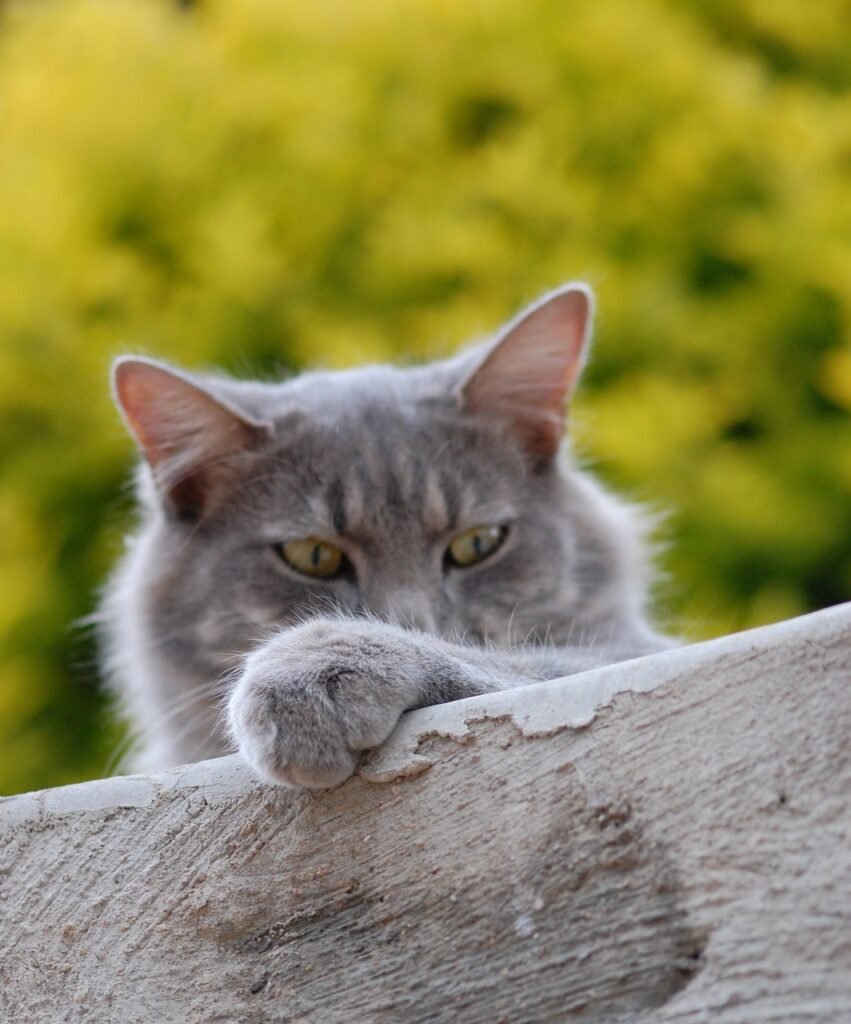Curious about whether or not cats can munch on shrimp? Well, you’re in for a treat (pun intended)! In this article, we’ll explore the question of whether cats can indulge in this delectable seafood delight. With the rising popularity of feeding cats a variety of foods, it’s important to know if shrimp is a safe option for our feline friends. So, let’s dig in and find out if cats can truly enjoy the flavors of shrimp without any negative consequences.
Can Cats Eat Shrimp?
If you’re a cat owner, you may have wondered whether it’s safe to give your furry friend a taste of shrimp. After all, seafood is a popular delicacy enjoyed by humans all over the world. But what about cats? Can they eat shrimp? In this article, we will explore the nutritional value of shrimp, discuss whether it is safe for cats to consume, and explore the potential benefits and risks of feeding shrimp to your feline companion. So, let’s dive in and find out if cats can enjoy this tasty seafood treat!


This image is property of pixabay.com.
Nutritional Value of Shrimp
Shrimp is a seafood rich in various nutrients that are beneficial for humans. It is low in calories and fat, making it an excellent choice for those who are watching their waistline. Shrimp is also packed with protein, which is important for building and repairing tissues in the body. Additionally, it contains essential vitamins and minerals such as vitamin B12, selenium, and phosphorus. These nutrients play a vital role in maintaining overall health and well-being.
Is Shrimp Safe for Cats?
The safety of feeding shrimp to cats largely depends on how it is prepared and served. While cats are obligate carnivores and require a diet primarily consisting of meat, certain precautions need to be taken when introducing new foods into their diet. In the case of shrimp, it is safe for cats to consume as long as it is properly cooked and served in moderation.
Potential Benefits of Shrimp for Cats
When fed in small quantities, shrimp can offer a few potential benefits to your feline companion. The protein content in shrimp can help support muscle development and overall growth. Additionally, the omega-3 fatty acids present in shrimp may contribute to promoting a healthy coat and skin. However, it is important to note that these benefits can only be realized if shrimp is given in moderation and as part of a balanced diet.
Risks of Feeding Shrimp to Cats
While shrimp can be a tasty treat for cats, there are also potential risks that need to be considered. One of the main concerns is the presence of allergens in shrimp that could trigger adverse reactions in cats. Additionally, shrimp may contain trace amounts of mercury or other harmful contaminants, which can be detrimental to your cat’s health if consumed in large quantities or on a regular basis. Therefore, it is crucial to exercise caution and monitor your cat’s response when introducing shrimp into their diet.


This image is property of pixabay.com.
Allergic Reactions in Cats
Just like humans, cats can also experience allergies to certain foods, including shrimp. If you notice any symptoms such as vomiting, diarrhea, itching, or difficulty breathing after your cat consumes shrimp, it may be an indication of an allergic reaction. In such cases, it is advisable to discontinue feeding shrimp and consult with your veterinarian for further guidance.
Cooked vs. Raw Shrimp for Cats
When it comes to feeding shrimp to cats, it is important to ensure that it is cooked thoroughly. Raw shrimp may contain harmful bacteria or parasites that can lead to digestive issues or infections in cats. Cooking shrimp properly helps eliminate these potential risks and makes it safer for your feline friend to consume. So, always make sure to cook the shrimp thoroughly before offering it to your cat.


This image is property of pixabay.com.
How to Feed Shrimp to Cats
If you’ve decided to introduce shrimp into your cat’s diet, it’s essential to follow a few guidelines. Remember that moderation is key, and shrimp should only be given as an occasional treat. Before serving, ensure that the shrimp is cooked, peeled, and devoid of any seasonings, additives, or sauces that may be harmful to your cat. Cut the shrimp into small, bite-sized pieces, and closely observe your cat’s reaction after consuming it. If any adverse effects are noticed, discontinue feeding shrimp and consult with your veterinarian.
Alternatives to Shrimp for Cats
If you’re unsure about feeding your cat shrimp, or if your cat has shown sensitivity or allergies to seafood, there are several alternative protein sources that can still offer nutritional benefits. Options such as cooked fish like salmon or trout, chicken, or turkey can serve as an alternative to shrimp. Always ensure that any meat or fish given to your cat is properly cooked and free from seasonings or additives that may be harmful.


Consulting with a Vet
Before making any significant changes to your cat’s diet, it is always wise to consult with your veterinarian. They can provide professional guidance tailored to your cat’s specific needs and health condition. Your veterinarian can help determine whether your cat can safely consume shrimp and provide recommendations on portion sizes and frequency.
Conclusion
While cats may find shrimp to be a tempting treat, it is essential to approach feeding seafood to your furry friend with caution. Shrimp can be a nutritious addition to your cat’s diet, but only when cooked properly and served in moderation. Keep an eye out for any potential allergic reactions or adverse effects, and consult with your veterinarian if you have any concerns. Remember, the key to a healthy and happy cat is a balanced and well-rounded diet!



